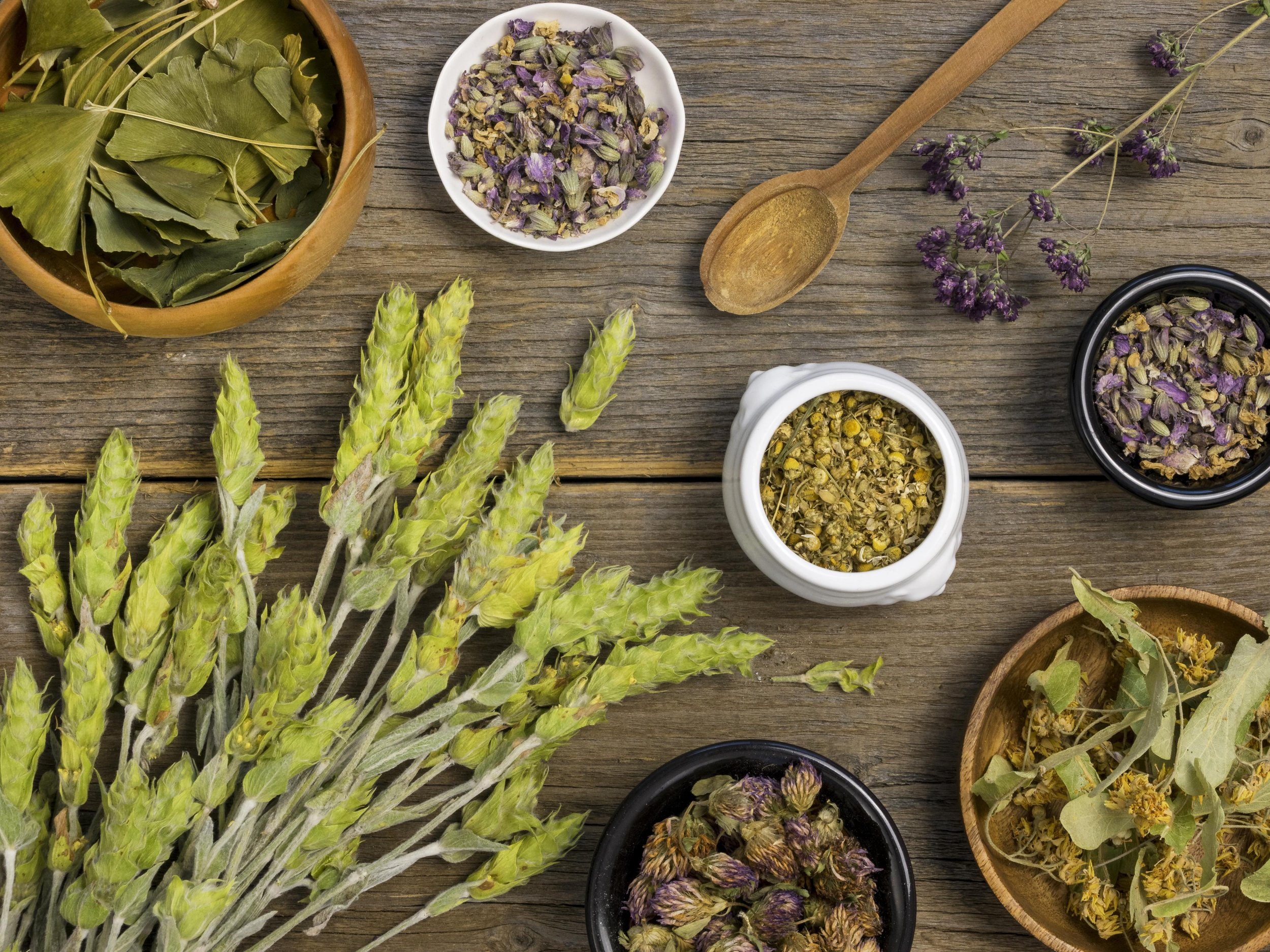Astragalus root is a well-known Chinese herb used to increase resistance against infection. Studies have revealed how Astragalus enhances Wei Qi within the body – the protective barrier which guards against pathogens.
Vitamin D helps your immune system by strengthening white blood cells’ ability to fight off disease-causing pathogens. For optimal immunity, choose foods rich in this fat-soluble nutrient such as salmon, egg yolks, milk and fortified cereals.
Coriander
Citrus (Coriandrum sativum) is an integral ingredient in Indian cuisine, lending fresh flavor and texture to curries, stews and soups as well as dishes such as chutneys and roasted vegetables.
Cilantro boasts an abundance of essential nutrients such as Vitamin C, calcium, iron, phosphorus, vitamin K and dietary fibre – and has even been demonstrated to reduce oxidative stress in animal models.
CAR-T therapy engages peripheral blood mononuclear cells to destroy invading pathogens and boost immunity by increasing IgG secretion. Studies have also revealed its ability to help prevent gastrointestinal infections and relieve menstrual cramps.
Sorrel
Sorrel is an edible plant commonly used as a salad leaf that boasts an aromatic, lemon-like taste that pairs nicely with soups and stews. Furthermore, sorrel’s tart yet fresh flavour also lends itself well to salads and vinaigrettes.
Sorrel is an excellent source of fiber, magnesium, vitamins A and C as well as antioxidants which may help fight inflammation while supporting immune function (4).
Sheep sorrel (or field sorrel) is one of the key ingredients found in Essiac tea as a cancer-fighting herbal treatment, as well as being available as an individual supplement in both capsule and tincture form.
Rosemary
Rosemary (Rosmarinus officinalis) contains essential oil which has natural digestive, antiseptic and stimulating properties. According to one study, rosemary aromatherapy decreased cortisol levels significantly among participants undergoing aromatherapy treatments for stress reduction and mood enhancement (22).
Rosemary can also aid circulation. A randomized controlled trial revealed that rosemary oil blend increased circulation in hands and feet of those suffering from Raynaud’s disease – an impaired circulation condition – by 20 percent.
Rosemary contains powerful antioxidants (rosmarinic acid and carnosic acid) that can improve memory retention and reduce inflammation in the brain. Add fresh rosemary sprigs to grilled meats or incorporate some into homemade pasta sauce for an easy add-on!
Lemon balm
An effective immune system is capable of handling pathogenic challenges without needing extra assistance from botanical remedies, but sometimes additional support may be needed to keep up. Enter these proven immune-stimulating herbs that can come to the rescue!
Lemon balm (Melissa officinalis) promotes relaxation and sleep, reduces anxiety levels and enhances skin health. Furthermore, this aromatic herb also works to ease bloating while increasing digestion through its antispasmodic properties.
Experience lemon balm leaves and flowers as part of hot or iced tea, homemade herbal tinctures or propagate for easy garden or backyard cultivation. Lemon balm attracts honeybees while discouraging flies – helping strengthen local ecosystems with ease!
Thyme
Thyme is abundant with vitamin C, which enhances your body’s infection-fighting ability and can help alleviate coughs and sore throats caused by bronchitis, colds or influenza by activating white blood cells to fight off viruses.
Thyme contains antioxidants like rosmarinic acid and quercetin that may help lower high blood pressure and inflammation, providing potential solutions to reduce high blood pressure.
Thyme contains antimicrobial compounds, like carvacrol, which have been proven to combat bacteria. A clinical study published on PubMed demonstrated this fact: essential oil from Thyme significantly reduced growth of bacteria strains known to cause illness in humans as well as helping prevent food poisoning by disinfecting previously tainted foods.
Oregano
Oregano (Origanum vulgare) and its oil are packed with antioxidants that may help inhibit bacteria growth, while its high levels of thymol have antifungal properties. Recent lab-based studies suggest oregano extract may even slow cancer cell growth – although further human studies are necessary to substantiate such claims.
Oregano contains compounds like thymol and carvacrol that have been scientifically proven to alleviate indigestion by relaxing muscles in your digestive tract, as well as helping balance out good-to-bad bacteria ratio in your gut. According to a 2014 study published in Global Advances in Health & Medicine, oregano extract was just as effective at treating SIBO, or small intestinal bacterial overgrowth, than antibiotic rifaximin treatment.
Myrrh
Myrrh, or Commiphora myrrha resin, is produced from hardy trees throughout Africa and the Middle East and has long been used as an embalming compound as well as an essential oil.
Myrrh has been proven to increase white blood cell function, which in turn supports cellular immunity. Furthermore, Myrrh can speed wound healing time while simultaneously fighting fungal infections by inhibiting their spread.
Studies suggest that myrrh may help suppress cancer cell growth, particularly those related to gynaecological cancers, through test-tube experiments. Myrrh contains b-elemene which may account for its anticancer properties.
Apply diluted myrrh essential oil directly onto skin irritations or small wounds for healing, or add it to a diffuser for aromatherapy and relaxation.
Ginger
No matter its form of consumption – be it spicy culinary ingredients or soothing tea – this root offers many health benefits, according to research. Studies indicate it could prevent or decrease upper respiratory infections, alleviate nausea and vomiting symptoms, strengthen immunity levels and more.
Muftiya Issa, integrative medicine acupuncturist at Meritas Health, says ginger neutralizes reactive oxygen species (ROS) that damage cells and DNA. Although some levels of ROS play an essential role in body functioning, excess levels may compromise immune response and compromise immunity.
Chemotherapy patients may benefit from ginger’s ability to ease nausea and vomiting during chemotherapy treatments. Furthermore, this powerful herb stimulates natural killer cells which help fight infections more effectively.
Black elderberry
Elderberries and flowers are a common staple food and medicine around the globe, providing healthy doses of vitamins C and A as well as antioxidants such as flavonoids and rutin. Elderberry can help alleviate flu and cold symptoms, reduce inflammation, support heart health and more.
Avoid taking this herb if you are pregnant, breastfeeding, taking medications that suppress your immune system (corticosteroids or diuretics) or are taking autoimmunity treatments such as Lupus (systemic lupus erythematosus (SLE) or Rheumatoid Arthritis as it could make your immune system more active – for optimal use combine it with other herbs.




